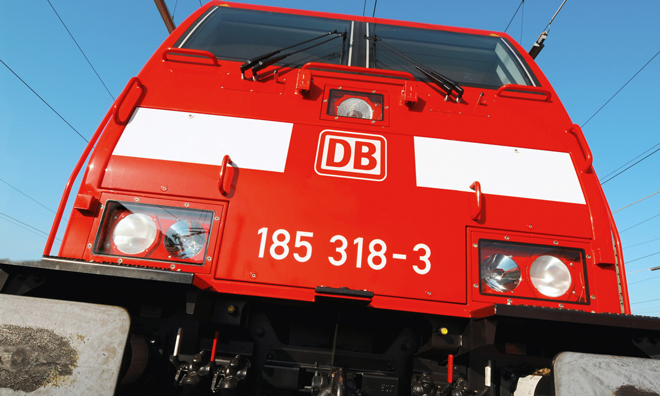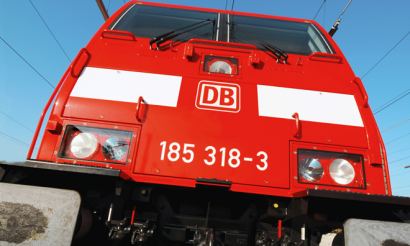DB Cargo UK prepares to cut back following ‘unprecedented changes’ in market
Posted: 19 October 2016 | | No comments yet
DB Cargo UK has confirmed a number of changes to its business model including proposed redundancies in response to rapid and unprecedented changes in markets it serves.


Credit: Deutsche Bahn AG
DB Cargo UK has confirmed a number of changes to its business model including proposed redundancies in response to rapid and unprecedented changes in markets it serves.


Credit: Deutsche Bahn AG
DB Cargo UK has announced a potential 893 redundancies across the business, a further reduction in its locomotive and wagon fleet, and a revision of the number and locations of its operational sites. The company decision follows “unprecedented challenges” within the rail freight industry with a dramatic decline in its core markets such as coal.
DB Cargo UK decision due to dramatic decline in its core markets
Commenting on the companies actions, Hans-Georg Werner, CEO of DB Cargo UK, said: “Responsible and successful businesses must evolve and reshape as their markets change and sometimes this means making tough decisions. Whilst this is a difficult time for all of us at DB Cargo UK, reshaping the company will enable us to build a business for the future and protect the majority of jobs. We are fully committed to supporting colleagues who may be at risk of redundancy.
“We firmly believe in the future of rail freight in the UK”
“We firmly believe in the future of rail freight in the UK. Our motorways and roads are becoming more congested and rail offers fast and clean supply chain solutions. Our new business strategy will ensure we are a perfect logistics partner of choice for customers across all sectors, including construction, automotive and intermodal, long into the future.”
DB Cargo UK has stated that no final decisions have been taken at this stage and all proposals are subject to formal collective and individual consultations.
“These are tough times for rail freight”
Reacting to DB Cargo UK’s announcement, Paul Plummer, Chief Executive of the Rail Delivery Group, representing rail companies, said: “These are tough times for rail freight, particularly given the long term decline in coal traffic. But there is an opportunity for rail freight to continue to take lorries off our roads and contribute to the success of businesses across the country.”
“This further highlights the need for continued investment in our rail network and certainty about the future charging arrangements, so we can deliver for passengers and freight customers.”
The company’s decision follows the Government Rail Freight Strategy published in September this year. The report presents ways in which the sector can continue to grow and identifies methods in which challenges can be addressed. It also looks at the potential for innovation and how the broader logistics sector and rail industry can collaborate to help relieve pressure on the road network.


